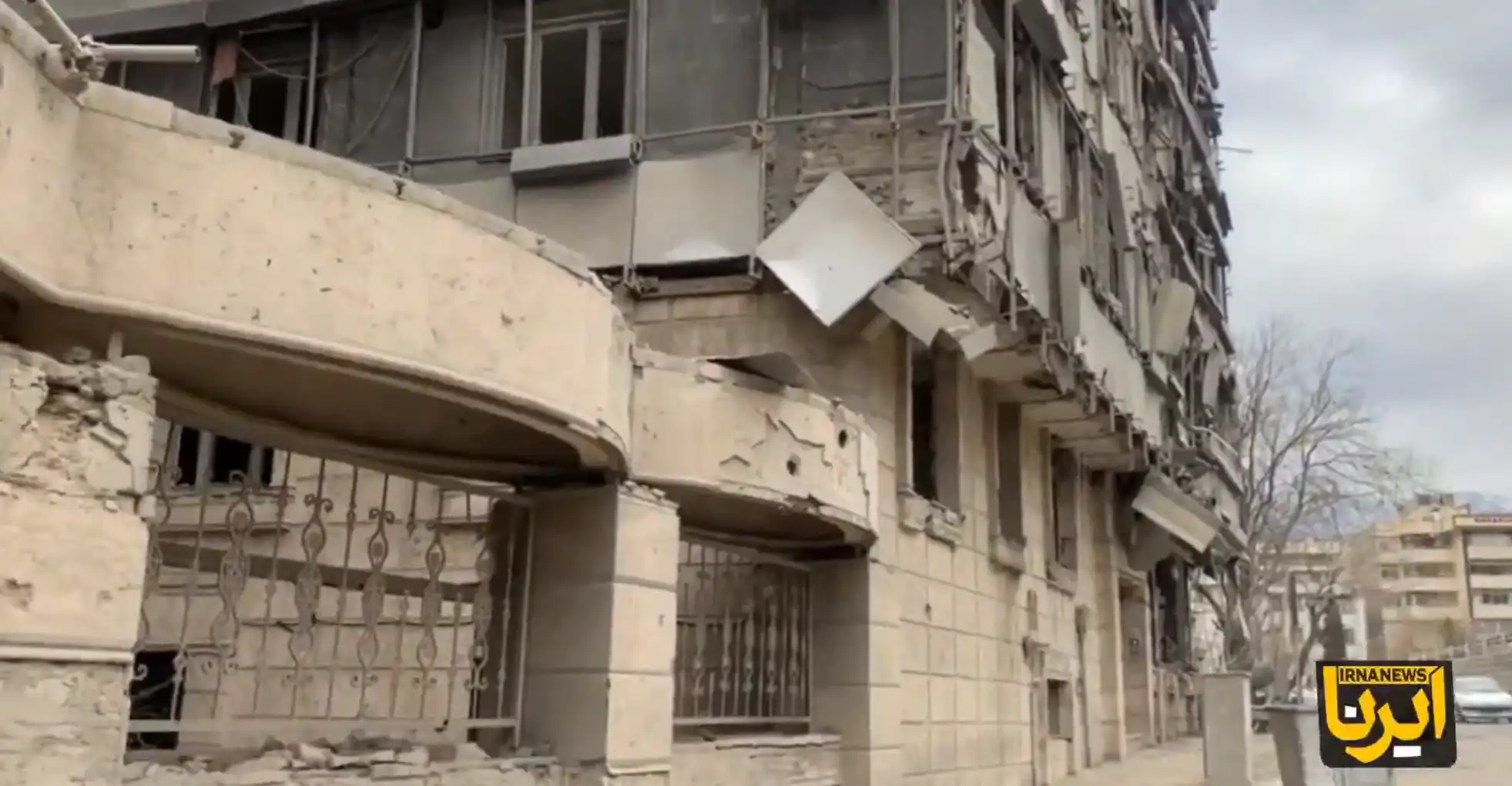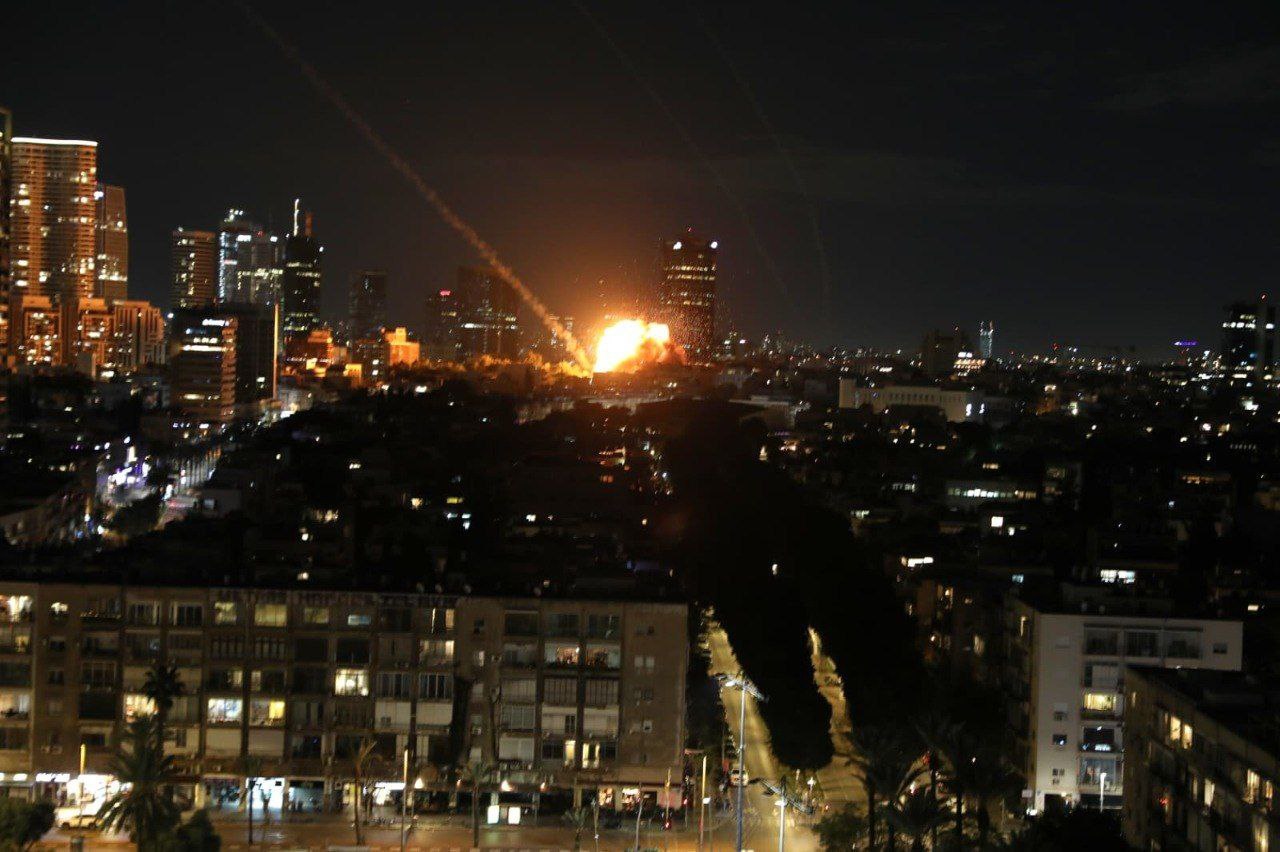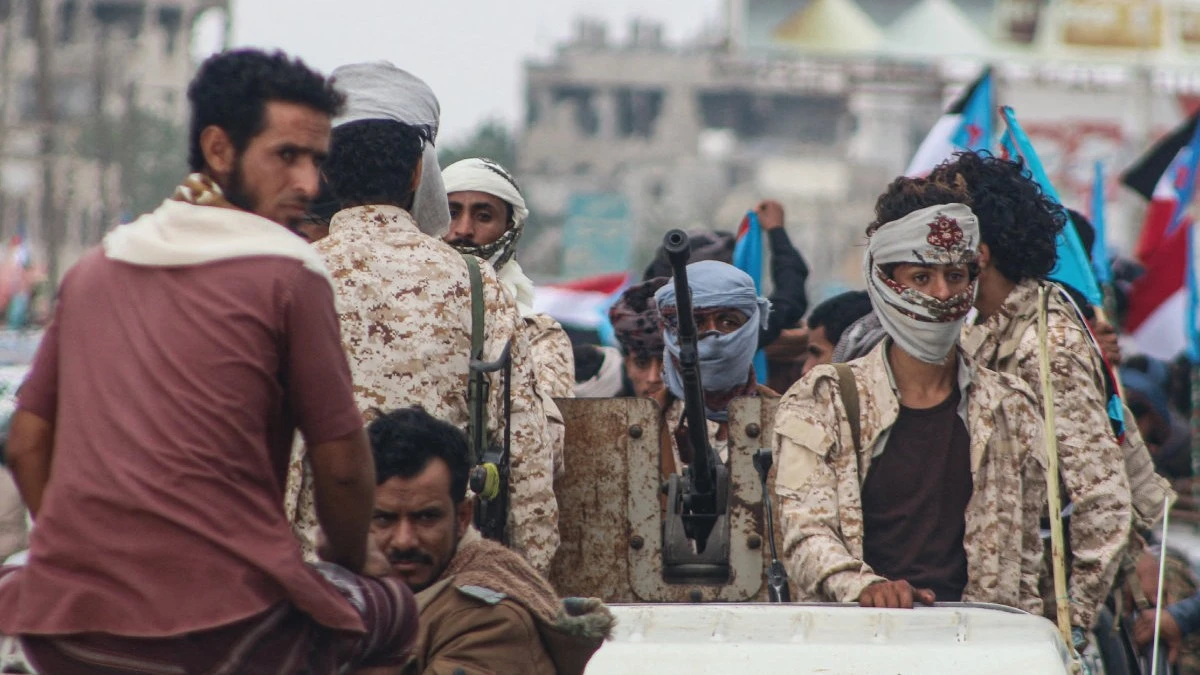KABUL, Afghanistan. June 7th, 2021. A recent statement from U.S. Central Command (CENTCOM) estimated the U.S. retreat from Afghanistan is more than 50% finished, with 500 C-17s of equipment shipped out, and 13,000 pieces which “do not consist of defensive articles” turned over to the Afghan National Security Forces.
In addition, 6 military facilities have been given to the Afghans, with more expected to be relinquished in the coming weeks.
The withdrawal of forces from Afghanistan has been accompanied with many statements that it is by no means the end of military or intelligence operations there, but most military and civilian brass have dodged the question of what happens should the Taliban begin to overrun the country.
Even with half of forces, bases, and equipment out or out of U.S. hands, Sec. of Defense Lloyd Austin, who announced on Thursday that U.S. “combat operations” will commence in Afghanistan from “outside the country,” refused to speculate on whether air strikes will be ordered on Taliban soldiers or positions should Kabul be threatened.
“We continue to provide support to the Afghan security forces as we retrograde,” he said. “Once we have completed our retrograde, that will be very difficult to do because our capabilities will have diminished in country”.
“Going forward, in terms of our (counterterrorism) efforts, those CT efforts will be focused on those elements that can possibly conduct attacks against our homeland,” Austin said as quoted by the Air Force magazine, according to Tolo News.
CENTCOM Commander Gen. Kenneth McKenzie remarked in April that it’s possible to carry out bombing, presumably against the Taliban, saying that they had a “variety of ways”.
Post post-war
It’s a question though that needs answering, because violence is surging in the country. With a clear guarantee that U.S. air support—practically the only force that’s kept the Taliban at bay for so long, will help defend Afghan cities, the Kabul government are unlikely to sue for any serious peace.
Also on Thursday, likely while Austin was giving his press conference, some of the heaviest fighting in years was going on in the north of the country, with 180 fighters killed on both sides.
A dozen districts are being contested in Badakhshan Province, the northernmost part of the country on her border with China. In some districts security forces are in full retreat, and in other provinces they’ve surrendered with weapons and vehicles.
The longer the question of whether precision bombing of Taliban fighters will be conducted or not will prolong the violence as the world’s most corrupt country inevitably tries to hold onto power.
The New York Times reported that elements in the Pentagon are considering seeking authority to launch strikes against the Taliban, who didn’t participate in the 9/11 attacks, in the event Kabul or another major city comes under assault. Efforts in Congress to repeal the 2002 AUMF would certainly require the re-request of authorization for bombing them, but if it isn’t repealed, bombing could be authorized, probably under allegations of alleged maintenance of relations with al-Qaeda.


